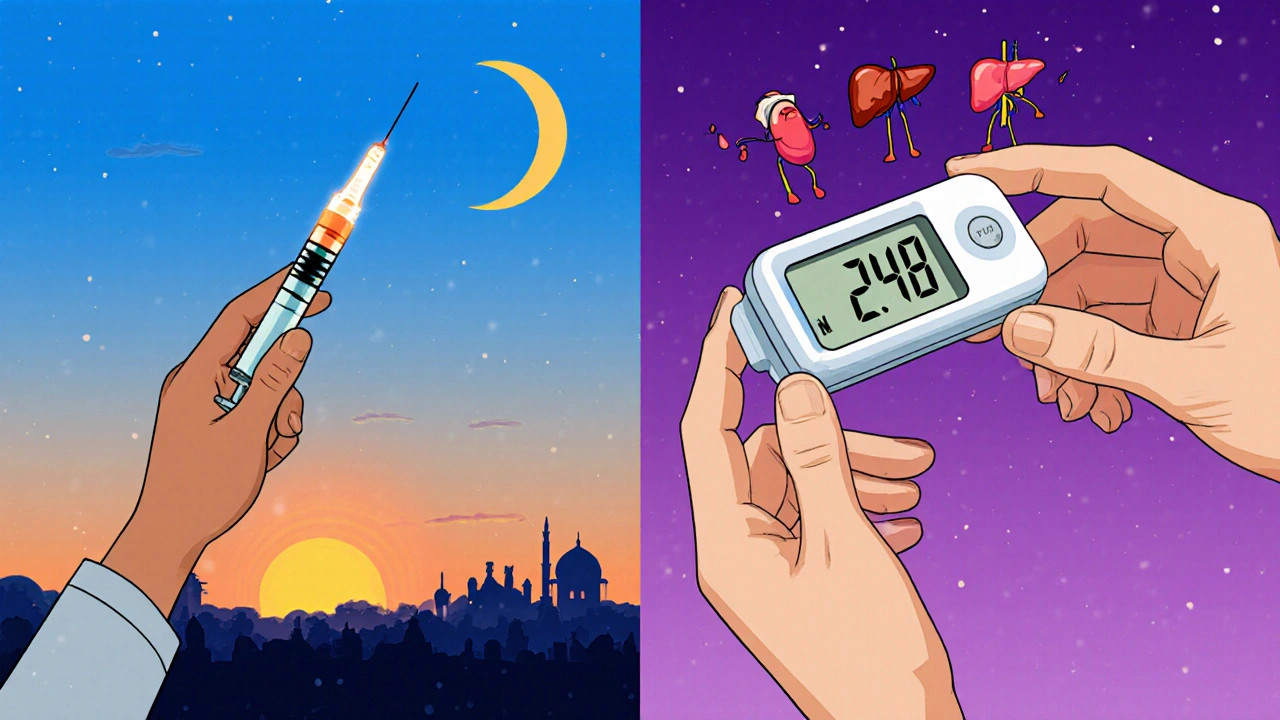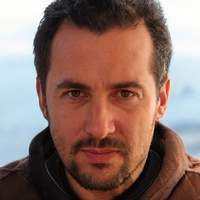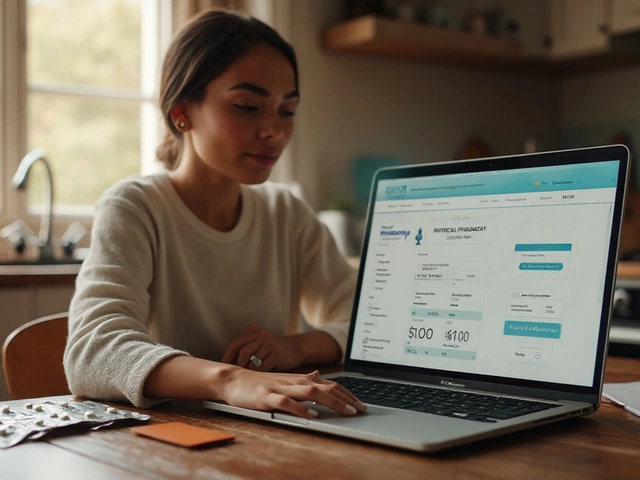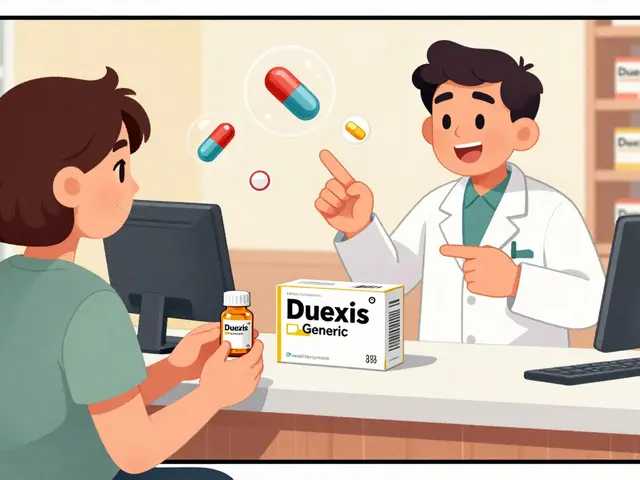Fasting Medication Timing Calculator
Medication Timing Guide
This tool helps determine the safest medication schedule for fasting periods based on your specific medications and health conditions.
Religious Fasting and Medication Timing: Safe Dosing During Fasts
Imagine waking up before dawn, eating a quiet meal with your family, and then spending the next 16 hours without food, water, or even a sip of coffee. For over a billion Muslims around the world, this isn’t just a diet-it’s Ramadan. And for many of them, it’s also a time when they’re managing chronic conditions like diabetes, high blood pressure, or thyroid disease-and still need to take their medications.
Here’s the hard truth: skipping your meds because you’re fasting isn’t safe. But taking them at the wrong time can be just as risky. The key isn’t to stop fasting-it’s to adjust your meds so they work without breaking your spiritual practice.
Healthcare providers used to assume fasting meant stopping medications. Now, we know better. With the right plan, most people can fast safely while staying on track with their treatment. The question isn’t whether you can fast-it’s how to do it without putting your health at risk.
How Fasting Changes Your Body’s Response to Medication
When you fast, your body doesn’t just go without food. Your metabolism slows, your digestive system rests, and your liver processes drugs differently. This changes how quickly medicines enter your bloodstream, how long they stay active, and whether they cause side effects.
Take blood pressure pills, for example. Many are designed to release slowly over 24 hours. If you take them at breakfast, and then don’t eat again until sunset, the drug’s effect might wear off during the afternoon-when your blood pressure could spike. The same goes for insulin or diabetes meds. Without food, your blood sugar can drop dangerously low, especially if you’re still taking a dose meant for a meal you won’t eat.
Even something as simple as a daily antibiotic can become less effective if taken on an empty stomach when your gut isn’t moving normally. Some antibiotics need food to be absorbed properly. Others need an empty stomach to work at all. Getting this wrong doesn’t just make the drug less effective-it can lead to resistance, longer illness, or worse.
The solution isn’t guesswork. It’s science. And it starts with knowing your meds.
Medication Timing Rules for Common Fasting Schedules
Most religious fasts, like Ramadan, last from dawn to sunset. That gives you two windows to take your meds: right before sunrise (Suhoor) and right after sunset (Iftar). Here’s how to time your doses based on how often you take them:
- Once-daily meds: Take them either at Suhoor or Iftar. The best choice depends on the drug. For example, statins (cholesterol meds) work better at night, so Iftar is ideal. Blood pressure meds like ACE inhibitors often work best taken at bedtime, so Iftar works here too. But if your med needs to be taken on an empty stomach, Suhoor is safer-your stomach is empty before the day starts.
- Twice-daily meds: Split them between Suhoor and Iftar. This is the gold standard for most chronic conditions. If you normally take a pill at 8 a.m. and 8 p.m., shift to 5 a.m. and 7 p.m. during Ramadan. Studies show this keeps drug levels stable without breaking the fast.
- Three or more times a day: This is where things get tricky. If you’re on a med that needs to be taken every 6-8 hours, fasting makes it nearly impossible to maintain safe levels. Your doctor may switch you to a once- or twice-daily version. For example, switching from a 3x-a-day painkiller to a long-acting version, or from propylthiouracil (taken 4-6 times daily) to methimazole (taken twice daily) for thyroid issues.
Thyroid medication like levothyroxine is a special case. It must be taken on an empty stomach, at least 30 minutes before food or other meds. Many patients find it works just as well taken at Iftar, 30 minutes before eating. A 2023 study showed that switching from morning to evening dosing during Ramadan kept thyroid hormone levels steady-without needing to increase the dose.
But don’t assume all meds can be moved. Some, like certain antibiotics or seizure drugs, have tight timing windows. Always check with your pharmacist before changing anything.

What Medications Are Safe to Take While Fasting?
Not all meds are created equal when it comes to fasting. The route of delivery matters just as much as the timing.
Oral meds-pills, capsules, liquids-are the main concern. But many other forms are allowed during fasting, even if they’re technically "ingested":
- Injections: Insulin, vaccines, B12 shots-no problem. They don’t break the fast.
- Inhalers: Asthma and COPD inhalers are permitted. Even though some particles may reach the throat, they’re not absorbed through the digestive tract.
- Eye drops, ear drops, nasal sprays: These don’t count as eating or drinking. They’re fine.
- Topical creams and patches: Skin applications like nicotine patches or pain relief gels are allowed.
- Suppositories: These are absorbed through the rectum, not the stomach, so they’re generally permitted.
But here’s the catch: religious interpretations vary. Some communities consider nasal sprays or inhalers to break the fast. Others don’t. That’s why talking to your imam or religious leader isn’t optional-it’s part of your safety plan.
And if you’re on a med that absolutely must be taken with food, like certain antibiotics or cholesterol drugs, your doctor might switch you to a different one. For example, switching from amoxicillin (needs food) to azithromycin (can be taken on an empty stomach). It’s not about giving up your fast-it’s about protecting your health while keeping your faith intact.
Special Cases: Diabetes, High Blood Pressure, and Thyroid
People with chronic conditions are at higher risk during fasting. The data doesn’t lie: 23.7% of diabetic patients experience low blood sugar during Ramadan, even when they adjust their meds.
Diabetes: If you’re on insulin or sulfonylureas, your risk of hypoglycemia goes up. The American Diabetes Association recommends reducing your morning insulin dose by 20-30% and shifting your evening dose to Iftar. Long-acting insulins like glargine or degludec are preferred because they’re less likely to cause lows. Avoid short-acting insulins unless you’re eating at both Suhoor and Iftar.
High blood pressure: Don’t increase or decrease your dose during Ramadan. Studies show that titrating blood pressure meds during fasting leads to more complications than sticking with your usual regimen. Stick to once- or twice-daily drugs. Avoid diuretics (water pills) if possible-they can make you dehydrated during long fasts.
Thyroid: As mentioned, levothyroxine can be safely taken at Iftar. But if your TSH levels start to climb during Ramadan, your doctor might temporarily increase your dose by 25-50 µg for the first 2-3 weeks after Ramadan ends. This helps stabilize your levels without forcing you to break your fast.
And for hyperthyroidism? Methimazole is better than propylthiouracil. Why? Because you can take methimazole twice a day. Propylthiouracil needs to be taken every 4-6 hours-impossible during a 16-hour fast.
What You Must Do Before Fasting Begins
Waiting until the first day of Ramadan to talk to your doctor is too late. The best time to plan is 4-6 weeks before fasting starts.
Here’s your checklist:
- Book a pre-Ramadan appointment: Bring your full med list. Include supplements, OTC drugs, and herbal remedies. Many people forget that things like ginger or garlic can interact with blood thinners.
- Ask about alternatives: Can your meds be switched to once- or twice-daily versions? Are there extended-release options?
- Get a written plan: Don’t rely on memory. Ask your pharmacist to write down your new schedule: what to take, when, and with or without food.
- Check hydration: If you’re fasting during summer months, you’ll be without water for up to 17 hours. Drink extra fluids during Suhoor and Iftar. Avoid caffeine-it makes you lose more water.
- Speak to your religious leader: Ask if your meds are allowed. Many scholars agree that necessary medications don’t break the fast. Get this in writing if you can.
- Know your emergency signs: Dizziness, confusion, chest pain, extreme fatigue, or a blood sugar below 70 mg/dL? Break your fast immediately. Your health comes first. Islam allows it.
And don’t forget: pharmacies like CVS and Pace now offer Ramadan-specific counseling. You’re not alone in this. There are tools, apps, and support systems built just for this.
When Fasting Isn’t Safe-And What to Do
Not everyone should fast. If you have unstable diabetes, kidney failure, heart disease, or are pregnant, fasting can be dangerous. The Quran itself says: "Do not kill yourselves. Indeed, Allah is to you ever Merciful."
There’s no shame in not fasting if your health is at risk. In fact, many Islamic scholars say it’s your duty to protect your body. You can make up the days later, or feed someone in need as an alternative.
If you feel unwell during your fast, break it. No one will judge you. Your doctor won’t. Your community won’t. And your faith won’t hold you to a practice that harms you.
Medication timing during fasting isn’t about bending the rules. It’s about honoring both your body and your beliefs. With the right plan, you can do both.
Can I take my pills during fasting hours if I’m sick?
No. Taking oral medication during fasting hours breaks the fast. But if you’re sick and need to take pills to stay alive or prevent serious harm, you’re allowed-and encouraged-to break your fast. Your health comes first. Many religious scholars agree that necessary medications don’t invalidate your fast if taken outside fasting hours. Always adjust your timing to Suhoor or Iftar, and consult your doctor if you’re unsure.
Are injections allowed during Ramadan fasting?
Yes. Injections-including insulin, vaccines, B12 shots, and even pain relievers given by needle-are permitted during fasting. They don’t enter through the digestive system, so they don’t count as eating or drinking. This is widely accepted across Islamic medical authorities and confirmed by organizations like the Islamic Medical Association of North America.
What if my medication needs to be taken with food, but I’m fasting?
If your medication requires food for proper absorption or to reduce side effects, your doctor can often switch you to a different version that works on an empty stomach. For example, switching from amoxicillin (needs food) to azithromycin (can be taken alone). Never skip doses-always talk to your pharmacist or doctor before making changes. They may also recommend taking the pill right before Suhoor or Iftar, right before you eat.
Can I use inhalers or nasal sprays while fasting?
Yes. Inhalers for asthma, nasal sprays for allergies, and eye or ear drops are generally allowed during fasting. These medications don’t reach the stomach in significant amounts, so they don’t break the fast. However, some individuals follow stricter interpretations. If you’re unsure, check with your religious advisor. Most Islamic scholars agree these are permissible.
Do I need to tell my doctor I’m fasting?
Absolutely. Many medications behave differently during fasting. Your doctor needs to know so they can adjust doses, switch formulations, or recommend monitoring. Don’t assume they’ll ask. Bring it up during your next appointment-ideally 4-6 weeks before Ramadan begins. This simple step can prevent hospital visits and dangerous side effects.
Next Steps: What to Do Today
If you’re planning to fast and take medication:
- Write down every pill, patch, spray, and injection you use.
- Call your pharmacy and ask if they offer Ramadan medication counseling.
- Book a doctor’s appointment before Ramadan starts.
- Download a Ramadan medication tracker app-some now sync with your EHR.
- Talk to your imam or religious leader about medication permissibility.
You don’t have to choose between faith and health. With the right information and planning, you can honor both. Start today. Your body-and your beliefs-deserve nothing less.













15 Comments
I used to think fasting meant no meds until my aunt had a stroke during Ramadan because she skipped her blood pressure pills. Don't be that person. Your faith is strong but your body ain't made of steel. Talk to your doc. Seriously.
The modern medical establishment's insistence on re-engineering religious observance under the guise of 'safety' is a classic case of scientism masquerading as compassion. The body is not a machine to be calibrated. The soul is not a variable in a pharmacokinetic model.
I'm a pharmacist in Mumbai and I see this every year. People come in scared, thinking they have to choose between God and medicine. I tell them: Allah gave us brains to figure this out. Adjust timing, switch meds, talk to your imam and your doctor. You don't have to suffer to be faithful.
wait so like insulin is fine but like pills are bad??? but what about like gummies??? are those a thing?? i heard some people take them??
This article is a textbook example of Western medical imperialism disguised as cultural sensitivity. The Islamic world has managed chronic disease for centuries without pharmacokinetic spreadsheets. Why are we now being told our traditions are 'unsafe' unless they conform to American clinical guidelines?
The pharmacodynamic shifts during prolonged fasting are non-trivial-particularly for drugs with narrow therapeutic indices like levothyroxine and warfarin. The circadian modulation of hepatic CYP450 enzymes during caloric restriction significantly alters first-pass metabolism. This isn't anecdotal-it's evidenced in RCTs from the Journal of Clinical Pharmacy and Therapeutics.
There is a beautiful paradox here: the body fasts to purify, yet the mind must work harder to preserve it. Fasting is not about denying the self-it is about mastering it. To take medicine wisely during this time is not weakness. It is discipline refined by knowledge.
Bro I took my metformin at suhoor for 3 years straight and never had a problem. My cousin went to the ER because she took her insulin at iftar and then ate a whole plate of biryani. Don't be her. Talk to your doctor. And yeah, you can still pray like a boss while your meds are doing their thing.
I just want to say-thank you-for writing this. I'm diabetic, Muslim, and I've cried in my doctor's office because I was so scared I'd have to choose. But when my pharmacist printed out a Ramadan med schedule with pictures and times? I felt seen. This isn't just medical advice. It's love in clinical form.
Let me just say, this whole article reads like a corporate wellness pamphlet written by someone who’s never fasted for more than 12 hours while binge-watching Netflix. You think your 'science' is the only truth? What about the millions of Muslims who’ve fasted with diabetes since the 8th century? Did they all just get lucky? Or maybe, just maybe, the body knows more than your algorithm?
Injections, inhalers, eye drops-all permitted. This is clear in the fatwas from Al-Azhar and the Fiqh Council of North America. No need to overthink it. Your health is a trust. Honor it.
They want us to change our prayers to fit their pills. This isn't accommodation-it's assimilation. The West doesn't respect our faith. They just want to control it. Next they'll tell us to take our meds at 3 p.m. because 'it's optimal for circadian rhythm.' No. We don't bend. We don't break. We adapt on our terms.
My mom takes metoprolol and she switched it to iftar and now she doesn't get dizzy in the afternoon like she used to. Also, she started taking her thyroid med at night and her TSH is better than it's been in 5 years. Sometimes the old way just ain't the best way. And that's okay.
wait so can i take my vitamin d at suhoor?? i feel so tired during the day and i think it's because i'm not getting enough sun and my doc said i'm low but i don't wanna break my fast so idk what to do
I’ve been a nurse for 22 years, and I’ve seen everything-from elderly patients with CHF fasting while on diuretics, to young women with Type 1 diabetes who refuse insulin because they think it’s 'cheating.' This article doesn’t just inform-it saves lives. The fact that pharmacies now offer Ramadan counseling? That’s progress. Not perfection, but progress. And in medicine, progress is sacred. Let’s not let dogma drown out compassion. Let’s let science and spirit walk side by side. That’s not compromise. That’s wisdom.